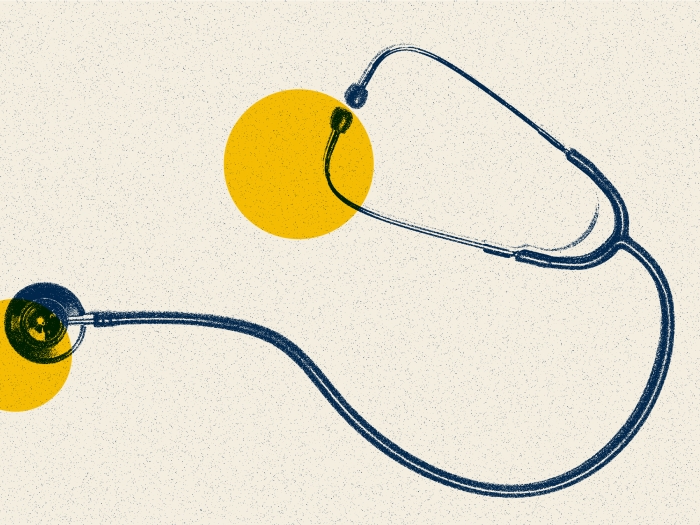Michigan Medicine is partnering with the pharmaceutical company AstraZeneca for a Phase 3 clinical trial to test a vaccine against COVID-19. The AZD1222 COVID-19 VACCINE Study will research an investigational vaccine for the prevention of COVID-19, the disease caused by the new coronavirus (SARS-CoV-2).
The study will look at how well the investigational vaccine works and how safe it is. U-M will begin recruiting hundreds of participants for the trial immediately, until the trial is full. U-M is one of several U.S. sites supporting the AstraZeneca trial, with the aim of including 30,000 individuals over a period of two years.
“The importance of a safe and effective vaccine against COVID-19 cannot be overstated. The AstraZeneca Phase III trial will bring answers as to the effectiveness of this vaccine. At the end of the day, this kind of rigorous clinical trial with the commitment of Michigan Medicine and other study sites to safety will be a key step in realizing a vaccine that will save lives when one is developed,” says Marschall Runge, M.D., Ph.D., Dean, U-M Medical School, Executive Vice President, Medical Affairs and CEO, Michigan Medicine.
The AstraZeneca trial is one of several vaccine trials being funded through a public/private partnership under the U.S. Department of Health and Human Services called Operation Warp Speed. It is designed to accelerate the development of a life-saving vaccine to prevent COVID-19, while maintaining standards for safety and efficacy.
“We are proud to advance the University of Michigan's outstanding legacy of excellence in vaccine trials with this important clinical trial partnership. We hope one day soon to be able to announce a successful vaccine against COVID-19 and save lives,” says Mark Schlissel, M.D., Ph.D., president of the University of Michigan.
Phase I/II trials of the vaccine in more than 1000 people were completed earlier this year and demonstrated increased antibody responses against SARS-CoV-2 and no serious adverse effects.
For more information about the study, visit https://www.uofmhealth.org/covid19-vaccine or email [email protected].

Department of Communication at Michigan Medicine





